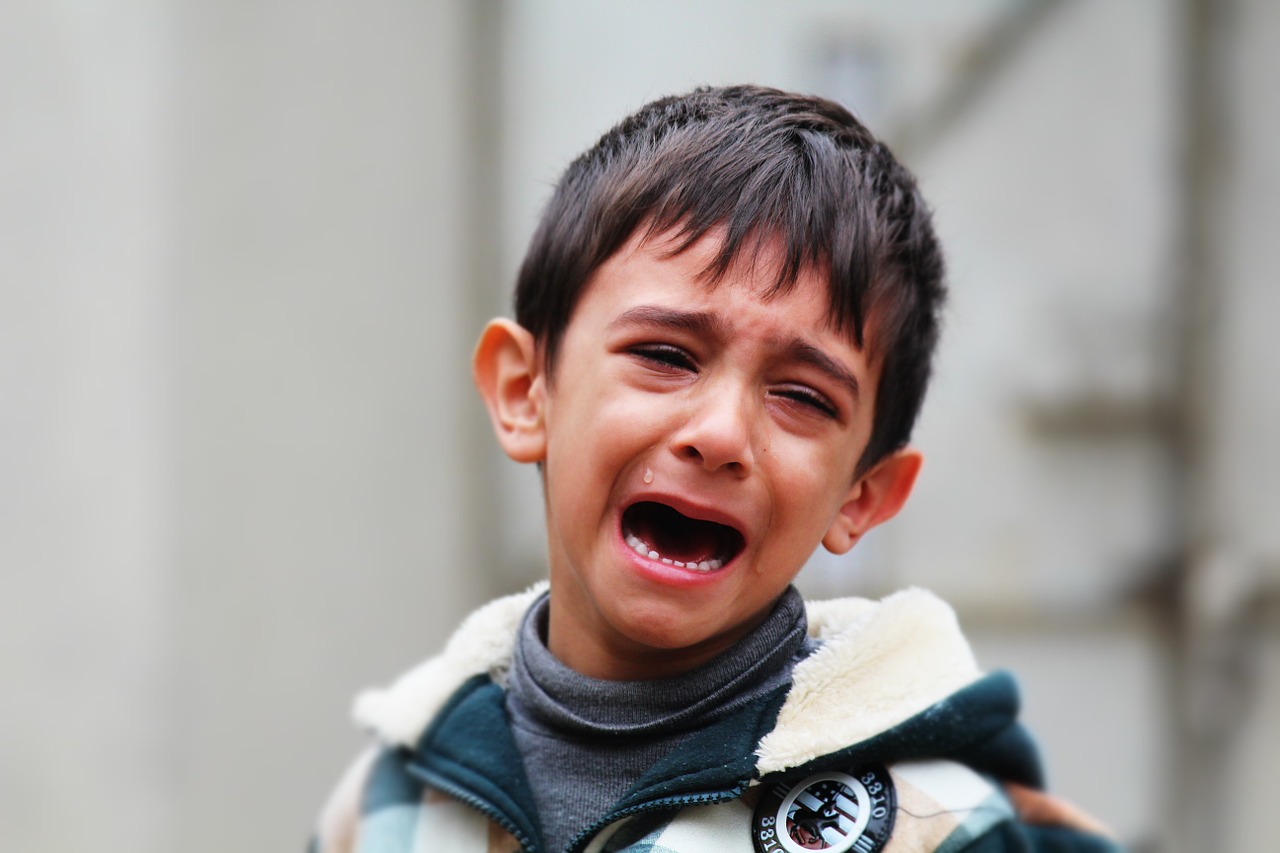Contents:
- Medical Video: 5 Best Excuses for Skipping School
- When can the little one be said to experience this disorder?
- Why can your child experience such anxiety?
- 1. Genetic factors
- 2. Level of emotion of the child
- 3. Parenting parents
- 4. Changes to the environment
- What should be done if your child doesn't want to go to school?
- What should be done if your child still doesn't want to go to school?
Medical Video: 5 Best Excuses for Skipping School
When your child doesn't want to go to school and the main reason is because you don't want to part with you, you have to think about a number of possibilities, whether your child has anxiety when separated.
Anxiety when separating, or what is known as Separation Anxiety Disorder (SAD) is a condition in which the child experiences a sense of worry when separated from the person attached to him, such as a parent, grandfather, grandmother, or caregiver. This anxiety can even cause your child to experience unrealistic fears.
Besides being anxious when you have to separate, your little one is often afraid of refusal at school, afraid to sleep alone, experience nightmares, and other physical disorders.
When can the little one be said to experience this disorder?
Your child can be said to have SAD if you have experienced this within a minimum period of four weeks (one month). Symptoms include:
- Excessive anxiety when you have to leave your house and separate from your parents.
- Concerns that are caused by unrealistic thoughts and fears will lose parents (for example children are afraid they will not be picked up later after school).
- Unrealistic worries about bad events that can happen to parents (for example children are afraid parents forget to go home, get lost, disappear, and finally will not be able to meet with children again).
- Don't want to go to school or go to another place because you don't want to separate.
- Do not want to do something alone, except when accompanied or accompanied by an adult figure.
- Don't want to sleep alone.
- Experience nightmares with parting themes.
- Having physical complaints when separation occurs such as headaches, abdominal pain, nausea, and vomiting.
Why can your child experience such anxiety?
There are several factors that can cause this anxiety in your child, including:
1. Genetic factors
Having a history of experiencing panic, anxiety, and depression in parents can increase the likelihood of your child experiencing this anxiety disorder. Parents who have similar problems as a child are also more likely to have children with the same condition. In addition, the low sense of self-confidence in your child will also increase this excessive anxiety.
2. Level of emotion of the child
The ability to regulate emotions is one of the important keys in reducing anxiety. In those who can experience this anxiety, they cannot regulate their emotions. In fact, they often do not realize that what they are imagining is not realistic.
3. Parenting parents
Parenting that is too often criticized and too protective of your child can limit your child's freedom and make him not confident. This will make children want to stick to their parents.
4. Changes to the environment
Changes in the environment, the presence of bad memories, or psychological trauma will make your child experience this. For example, the experience of a parent who died, a divorce from a parent, or the death of a person he loved so much outside of his parents (for example siblings, grandparents, or friends).
What should be done if your child doesn't want to go to school?
This generally occurs when your child starts school in the first day and week. Here are some tips that you can do when your child doesn't go to school.
- Come to school a few days or weeks before your little one will go to school. Tell your child that they often experience anxiety with their teacher.
- Invite your child to chat about positive things at school.
- Calm your baby by saying, "Daddy will always pick you up after school, 12 o'clock right. So you don't need to worry, huh. "
- Give photos or short messages to the little one that can be inserted into the little bag. This will make him calm and comfortable because he feels there is a figure of yourself in the photo or message you give. In some cases, carrying a favorite doll or children's favorite toy can help.
- Make sure your child sleeps enough.
- Invite your child to play on the playground at school. Make school an exciting and fun place for your little one.
What should be done if your child still doesn't want to go to school?
If your child is still worried, give interesting and fun pictures from school. You can also convey calm words to your child. For example, "I know you can get through all this because you are brave!"
You can also try to give a sticker that is funny and tell your child, every time he remembers you and feels worried, look at the funny sticker and remember that you will also remember your little one and everything will be fine. You can also provide photos or messages of encouragement that your child can see every time your child feels anxious.
Do not forget to give hugs and kisses to your child when going to school. When your child comes home from school, take your child to talk about what fun and exciting experiences he has experienced at school.














